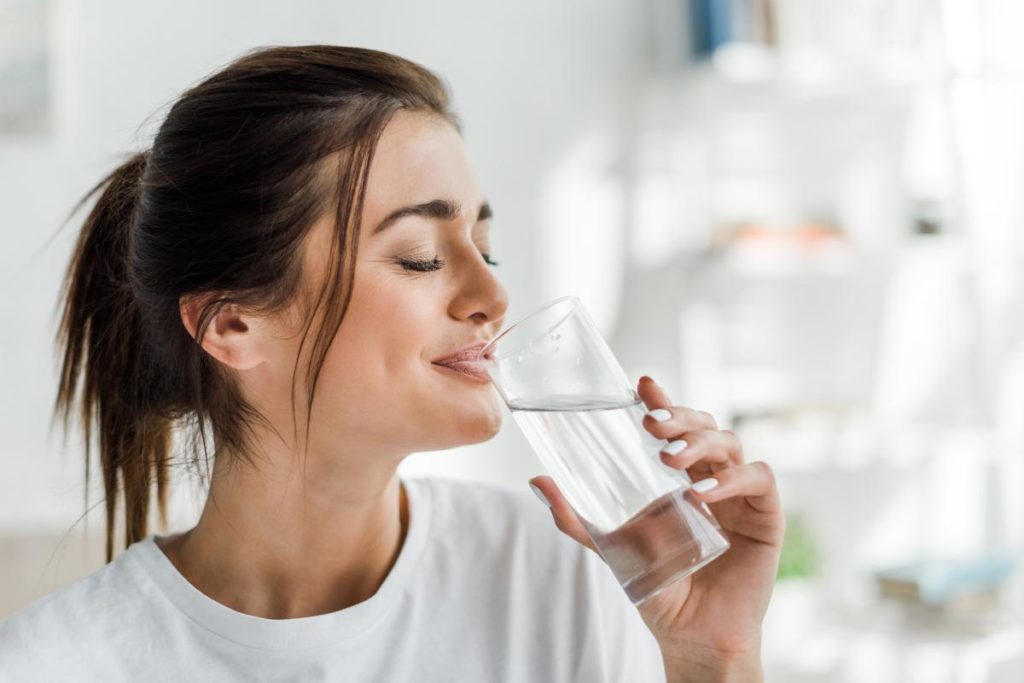Alcohol cravings are common among people with alcoholism who quit drinking. These cravings can appear when you first go through detox. They can also affect you during your time in a treatment program after the detox ends. In addition, you may continue to experience drinking urges after you complete both alcohol detox and rehab. How can you successfully cope with these cravings and remain abstinent? Experts recommend many interlocking strategies to support your ongoing sobriety efforts.
What Are Alcohol Cravings?
If you’re affected by alcoholism, you have one form of a larger condition called alcohol use disorder (AUD). There are 11 possible AUD symptoms, including a powerful craving for more alcohol. A craving is essentially an anticipatory urge. It makes you want something you don’t currently have.
The urge to drink is common among people undergoing detox and alcohol withdrawal. However, you may also crave alcohol when you’re not going through withdrawal. In this second situation, drinking urges result from what are known as cues or triggers. Both of these terms refer to anything that arouses your desire to consume more alcohol. Alcohol triggers fall into two main categories:
- External factors such as specific situations, events, people, places, or times of day
- Internal factors related to your current mood, thoughts, or emotional reactions
It’s common to have alcohol cravings triggered by both external and internal factors.
Effective Ways of Coping With Alcohol Cravings
Strong drinking urges may seem irresistible. However, research shows that there are effective ways of coping with alcohol cravings. The list of the most commonly recommended coping strategies includes:
- Planning in advance to respond to your cravings without drinking
- Taking the time to identify your specific alcohol triggers
- Learning how to spot the effects of active triggers as soon as possible
- Steering clear of any avoidable triggers that you know will increase your cravings
- Developing ways to manage unavoidable triggers and keep your cravings in check
There are many different options for managing unavoidable alcohol triggers. Methods known to work when used in combination include:
- Actively challenging thoughts and emotions that support your cravings
- Telling a trusted friend or loved one when your cravings are active
- Going over your reasons for wanting to stay alcohol-free
- Using a non-drinking-related activity to distract you from your urges
It’s also essential to get away from any unavoidable triggers at the earliest possible opportunity.
The Connection Between Alcohol Cravings and Stress Management
Successful management of alcohol cravings and stress management go hand in hand. That’s true because unrelieved stress is a known contributor to unhealthy alcohol use. In contrast, when your stress levels are well-controlled, you may find it much easier to avoid drinking.
You can do several things to keep your stress levels tolerable. Widely recommended options include staying physically active, eating well, and getting plenty of sleep. You may also want to consider taking up meditation, yoga, or tai chi. In addition, it might be a good idea to enroll in a stress management class.
Find Out More About Managing an Alcohol Addiction at Northpoint Colorado
Want to know more about managing alcohol addiction and controlling your cravings? Talk to the experts at Northpoint Colorado. We can answer any questions you may have about these vitally important topics.
Northpoint is also a premier provider of alcohol detox and rehab services. With our help, you can learn how to keep alcohol cravings at bay. You can also take other crucial steps toward establishing and maintaining your sobriety. To get started, just fill out our online form or call us today at 888.231.1281. We’re here to help on your journey to lasting recovery.

